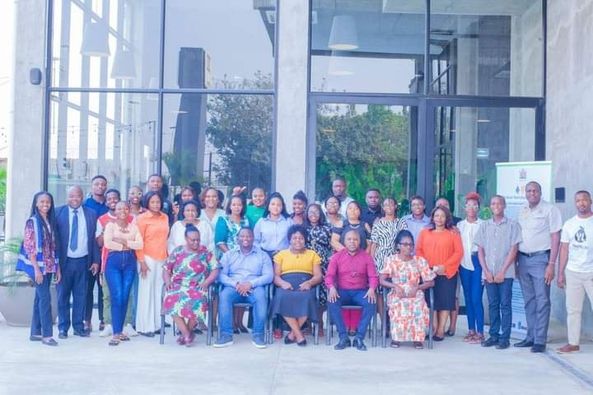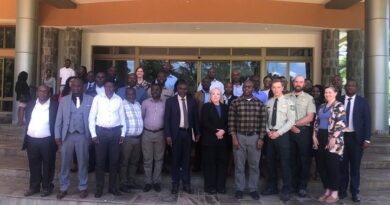WaterAid Zambia Calls for Collaboration to Enhance Hygiene Practices
WaterAid Zambia has launched a call to action for stakeholders to unite in promoting a national hygiene behavior change campaign, emphasizing the slogan “CLEANLINESS IS LIFE.” This initiative aims to elevate the hygiene standards across Zambia and is particularly focused on instilling sustainable hygiene behaviors in schools, healthcare settings, and communities.
During a recent workshop in Lusaka, WaterAid’s Hygiene Officer, Kachusha Nkosha, highlighted the campaign’s significance in combating public health emergencies and improving community health outcomes.
The workshop convened representatives from the Ministry of Education, the Ministry of Health, academia, and the private sector, emphasizing the collaborative approach necessary for the campaign’s success.
Nkosha stated, “Our goal is to ensure that everyone, everywhere has access to clean water, decent toilets, and good hygiene within a generation.” She explained that the Kutuba Campaign, launched in 2019, is designed to promote practical hygiene practices rather than merely disseminating information, leading to lasting behavior change in communities.
With over 50 years of presence in Zambia, WaterAid has played a crucial role in addressing drought challenges and ensuring access to vital water, sanitation, and hygiene (WASH) services.
The organization’s new strategy, “Beyond WASH,” aims to integrate WASH into public health programs such as safe motherhood, child health, nutrition, and public health security, aspiring for a resilient and healthy Zambia by 2028.
Nkosha noted that the Kutuba Campaign also seeks to address challenges faced by marginalized groups, ensuring that no one is left behind in the pursuit of improved hygiene.
She expressed optimism about the event, where participants could share expectations and experiences while fostering collaboration and identifying hygiene champions within their communities.
“WaterAid’s efforts in regions like Monze, Kazungula, and Nkeyema have shown the positive impact of effective WASH interventions,” Nkosha added. She emphasized the importance of collective efforts in creating resilient environments and reducing the incidence of waterborne diseases.



